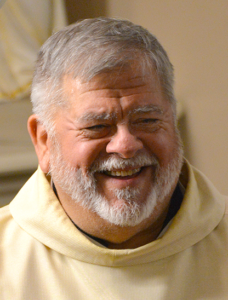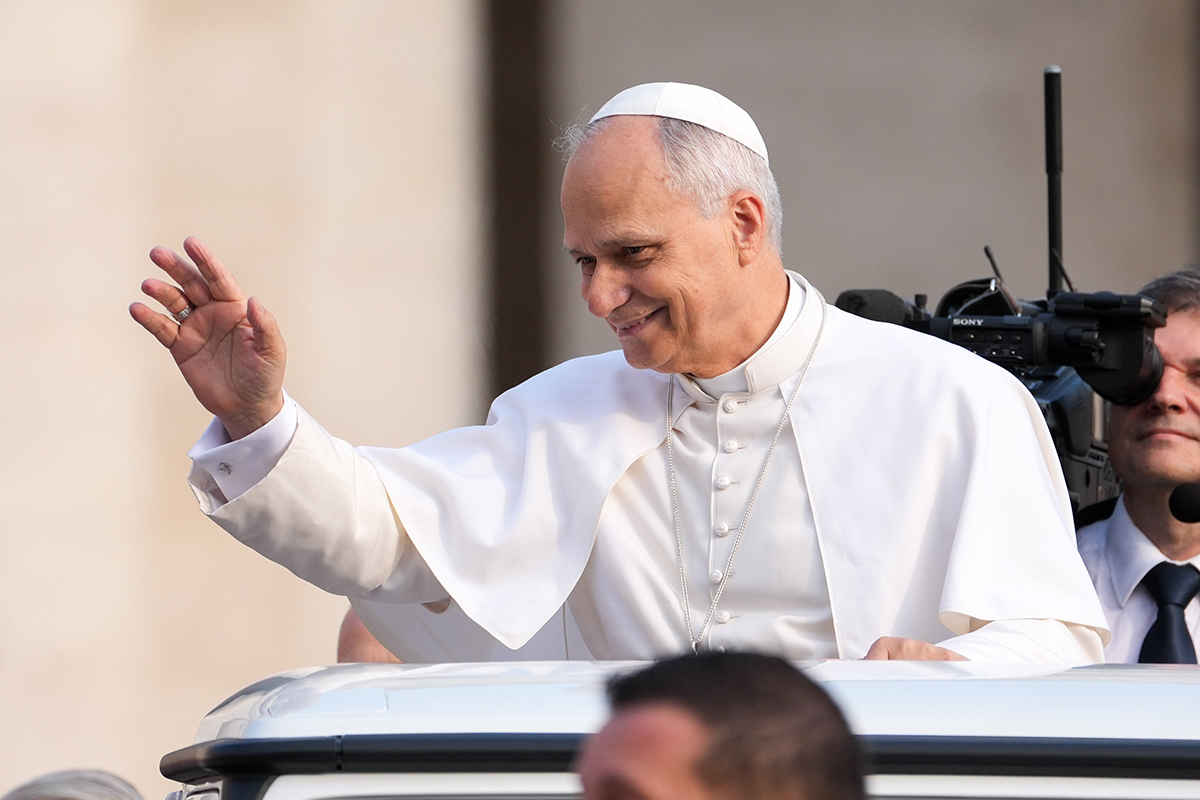SUNDAY SCRIPTURES FOR JAN. 26 | A commitment to the reading, study and prayer of the Scriptures
As we move through this new year, let us become more conscious of our encounter with the word of God

Even though we are encouraged to frequently make reading the Scriptures our joyful task, Pope Francis has designated the Third Sunday in Ordinary Time as a day on which we should focus our prayer, study and dissemination of the word of God in our lives and communities. Since he promulgated this in 2019, little has been made of this invitation. Like many other New Year’s resolutions, we might use this Third Sunday in Ordinary Time to renew our commitment to the reading, study and prayer of the Scriptures.
This year, the readings on Sundays in Ordinary Time will progress through the Gospel of Luke. As we study and pray over this Gospel and its attached readings from the Old Testament, we will get another vantage point on the mystery of Jesus’ life, death and resurrection. This weekend, let’s focus on combining verses from the Gospel.
We hear the first four verses of the first chapter of Luke, then immediately skip to the fourth chapter, which has Jesus coming back to Galilee as news of Him spreads. He reads the scroll of the prophet Isaiah and declares that it is being fulfilled in their hearing: a mighty claim for a man from a little-known town. Our journey through Luke’s Gospel will help us understand the revelation of the Son of God and His claim to be the Messiah.
In the first reading, the prophet Nehemiah introduces us to a situation in which the scroll with the Scriptures and the law was read to the people. The very proclamation of the word of God caused them to have physical reactions. They bowed their heads, prostrated themselves, put their faces to the ground and made all sorts of body postures that recognize the power and sacredness of the word of God.
What gestures or bodily postures do we consciously choose as we encounter God’s word? At Mass, we stand for the Gospel as it is proclaimed. The actual book from which the Scriptures are proclaimed is to be treated with reverence and respect. In our private prayer and reflection, we might choose to light a candle or take a moment of silence to center ourselves before we read or listen to the word of God.
As we move through this year, let us become more conscious of our encounter with God’s word. Because we hear it so much and it is so readily available, do we take it for granted or even neglect it? Are we able, even in the midst of trying times, to see the word of God as a source of hope and an anchor of peace?
Luke reminds us of the purpose of this Gospel. The events that it contains have been given to us so we might realize the certainty of the teachings we have received. Take the invitation of Jesus in the Gospel today, and try to notice how the word of God is made flesh in your life, in your community and in the world.
Father Donald Wester is retired and serves as lecturer of homiletics at Kenrick-Glennon Seminary.




